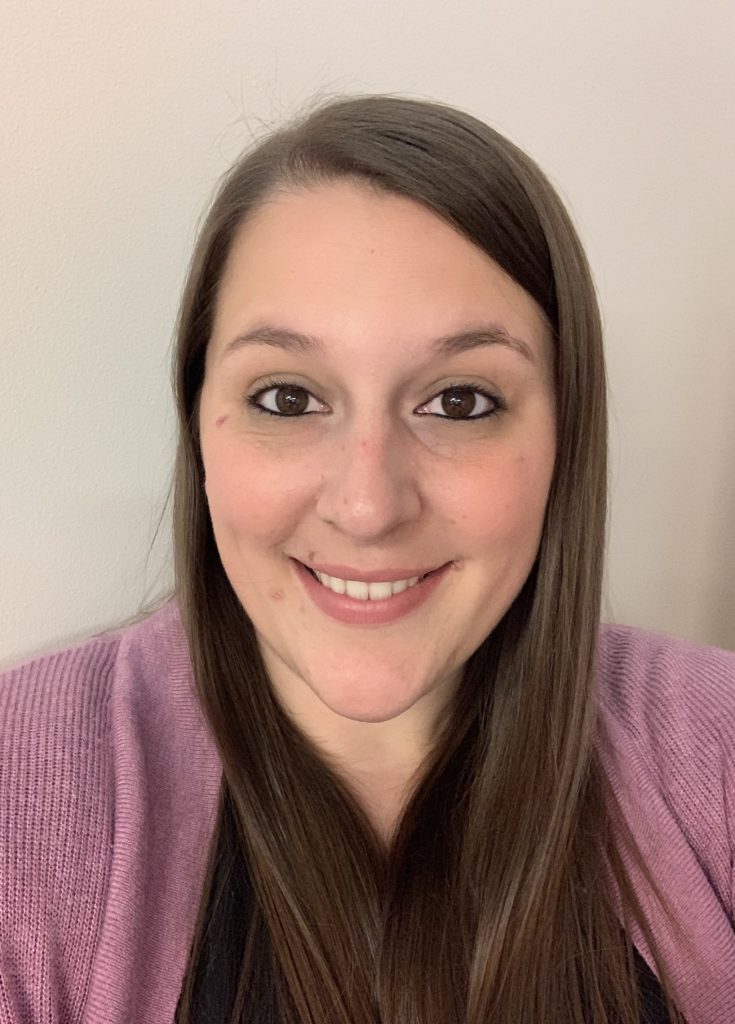For many college students, studying, learning and retaining new material is one of the primary challenges of mastering exams. Amber Witherby ’16 ’19 MS (Ph.D.) is passionate about exploring cognition – specifically through investigating methods to enhance learning across a broad spectrum of ages with a particular emphasis on student learning. The recent graduate spent her five-year tenure of graduate school at TCU examining new research questions in this important field alongside Associate Professor Uma Tauber.

Within the broad and difficult world of cognition and student learning research, Witherby primarily focused her research studies on college students’ learning and memory behaviors. Witherby explained that education is foundational to success in a number of fields, especially STEM fields, which are incredibly important and growing quickly. She investigated students’ perceptions of their learning and whether they have accurate or inaccurate beliefs about their own learning. Moreover, she explored how their beliefs relate to their study behavior and memory retention.
Beyond college students, Witherby explored learning behaviors among school children (ages 10-17) as well as the aging population 65 years and up. These studies often involved presenting participants with information to learn, such as a list of single words or a list of related word pairs, having them make judgments about their learning, and later completing a memory test after studying the lists.
“We have found that study decisions can impact memory, and just making judgment alone and reflecting on your learning can impact memory later on,” Witherby said. “Teachers should encourage students to reflect on their learning because even if it has small potential to directly impact learning there is still an indirect way to impact learning outcomes. It has a downstream effect on the learning process.”
“Amber’s theoretically-motivated research is innovative and timely,” Tauber said. “She enjoys asking educational questions and conducting research to answer them.”
In addition to her personal research activities, Witherby has high regards for the psychology department at TCU. “The program is awesome – the faculty are great and the students are hard-working. It is a small department, and despite my focus in cognition I have been exposed to lots of interdisciplinary research.”
Regarding her time in the Department of Psychology, Witherby said she appreciated being surrounded by diversity from other fields within psychology. She said the frequent exposure to her peer’s research through conversations and presentations broadened her perspectives.
“I owe a lot to Uma – she has been a fantastic mentor and gave me the freedom to explore anything I was interested in researching. She is incredibly insightful when we discuss our collaborative research ideas and progress,” Witherby said. “It has been really beneficial to me to test the waters in different fields and with different age groups.”
After defending her dissertation, Witherby began her next journey at Iowa State University as a post-doctoral researcher to further her work in student learning and effective study strategies. Witherby now works alongside Shana Carpenter, a cognitive psychologist and faculty member in the Iowa State Department of Psychology.
Long-term, Witherby ultimately intends to land a faculty position to teach and continue her metacognition research.
“I have no doubt that she will continue making significant contributions to multiple fields during her post-doc and beyond,” Tauber said. “Amber is a wonderful person, and it is fun working with her!”
“It’s crazy to think about how many projects I have been fortunate to be a part of while I have been here, and it has been a lot of fun,” Witherby said. “I know that my time at TCU was the start of a long-lasting collaborative relationship with Uma, and it is a great relationship that I am fortunate to have.”